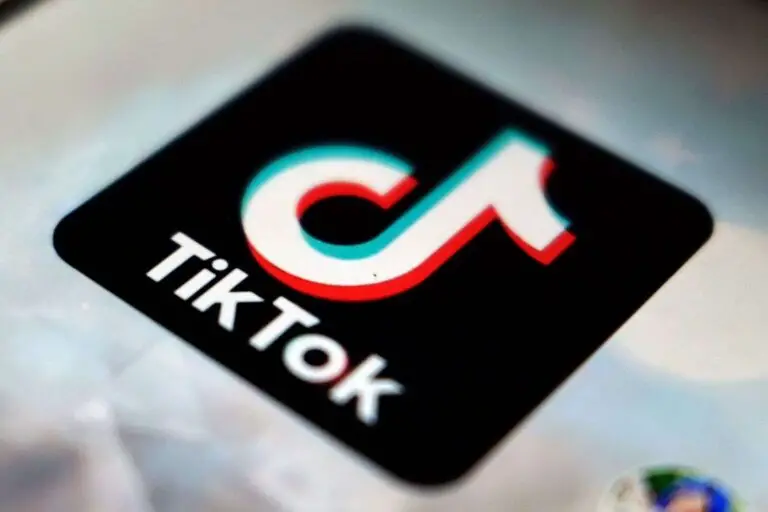OTTAWA, Canada — The Canadian government has announced it will be curbing TikTok’s operations within the country after a national security review, although the popular app will remain accessible to Canadians.
On Wednesday, Francois-Philippe Champagne, Canada’s Minister of Innovation, Science and Industry, confirmed the decision, noting it was made in response to national security risks associated with ByteDance Limited, the Chinese company that owns TikTok. While TikTok’s operations will be scaled back, Canadians can still download and use the app.
“The decision is focused on addressing specific risks linked to ByteDance’s activities within Canada,” Champagne said in a statement. Despite this, he emphasized that Canadians are still free to choose whether or not they want to use the platform.
This move comes after Canada had already banned TikTok from government-issued devices last year, launching an in-depth review of the app’s potential security threats. Champagne also highlighted that the decision aligns with a law designed to assess foreign investments that could pose risks to national security.
Concerns and Reactions from Experts
University of Ottawa cyber expert Michael Geist expressed concerns about the broader implications of the decision. While acknowledging the validity of security concerns, Geist warned that the government’s move to limit the company, rather than the app itself, could undermine accountability. “By targeting the company rather than the app, the government risks weakening its ability to hold ByteDance accountable while the same security risks remain,” Geist noted in a blog post.
Global Scrutiny on TikTok
This decision follows similar moves in the United States, where TikTok faces the threat of a ban unless ByteDance divests its stake in the platform. U.S. lawmakers have raised concerns over TikTok’s potential for data collection and its links to Chinese authorities, accusing the app of facilitating surveillance and spreading propaganda. Both TikTok and the Chinese government have vehemently denied these accusations, calling them unfounded.
As the debate continues, TikTok’s future remains uncertain in several global markets, with countries grappling over how to balance security concerns and the app’s widespread popularity.

